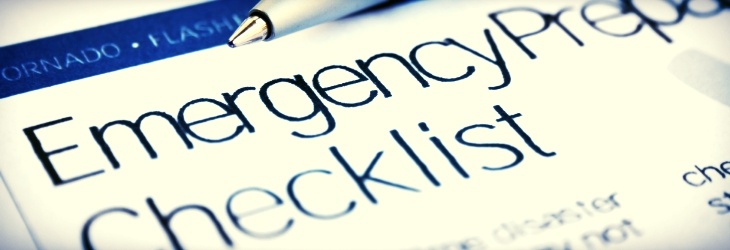Creating a disaster recovery plan for your office is more important than you think. In addition to the immediate safety benefits, a well-executed plan can save your business thousands on your property insurance and business income insurance.
Remember practicing fire drills in school? Or maybe you grew up in an earthquake area or a tornado zone; you might remember practicing disaster drills. Those days may bring back memories, but ask yourself when was the last time you talked to your staff about how to evacuate the building, or where the fire extinguishers are kept. In light of 9/11 and hurricane Katrina we all need to take responsibility for having a plan in place in case the unthinkable happens.
It takes very little effort to put a disaster plan in place no matter how large or small your business. A good place to start developing a disaster plan for you business is the FEMA website where you’ll find a lot of useful information and tips to help you and your staff create a disaster plan that fits your specific needs.
Knowing what dangers you might face is critical in developing your own emergency plan. Since each possible disaster has a different response it’s a good idea to include all possible scenarios in your disaster plan. Once you know what might happen it’s easier to take action and be prepared.
- Here are a few basic steps you can take to start the process:
- Map out an evacuation route
- Keep your first aid kit up to date
- Hold regular safety meetings
Stage practice drills for different types of emergencies
Make sure key employees have a copy of your disaster plan
It’s also a good idea to talk to other business owners in your area. Ask if they have a plan in place or if they’d like to start a disaster planning committee for your business community. A strong community is vital in the wake of an emergency.
It’s not enough to create a disaster plan and practice evacuation routes. Don’t forget that you should have some emergency supplies on hand. A very basic kit should have water, batteries, candles, flashlights, blankets, and a good first aid kit.
For more ideas on what to put in your disaster supply kit check out: http://www.72hours.org/
This site offers valuable advice for business owners. With a little careful planning and some organization you and your staff can be prepared if disaster strikes in your area. Don’t be unprepared; take steps today to protect your business.
